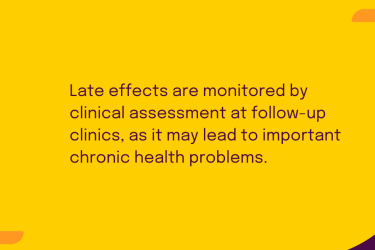
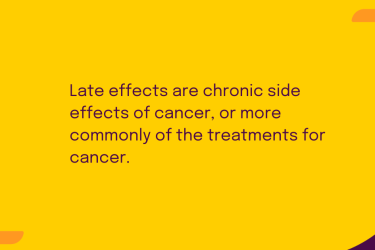
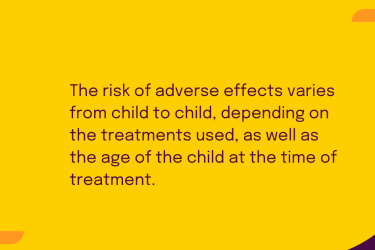
Newsletter Signup x
In the UK more than 80% of children diagnosed with cancer survive at least five years, and the majority of survivors are cured. However cancer patients, of all ages, can often suffer from Late Effects.
“I relapsed when I was 12, for me that was the hardest part because I knew what was coming. I was then put on treatment and had a massive stroke”. Ellen was diagnosed with Acute Myeloid Leukaemia when she was nine years old. Now, some 17 years later, she reflects on the Late Effects including a stroke and heart failure, which happened 11 years after diagnosis. Here Ellen talks about what she has been through and her life now after having survived childhood cancer. Share Ellen’s video on your Facebook, Twitter or LinkedIn pages and help raise more awareness of childhood cancer and Late Effects.
Here are some examples of what may cause late effects to develop:
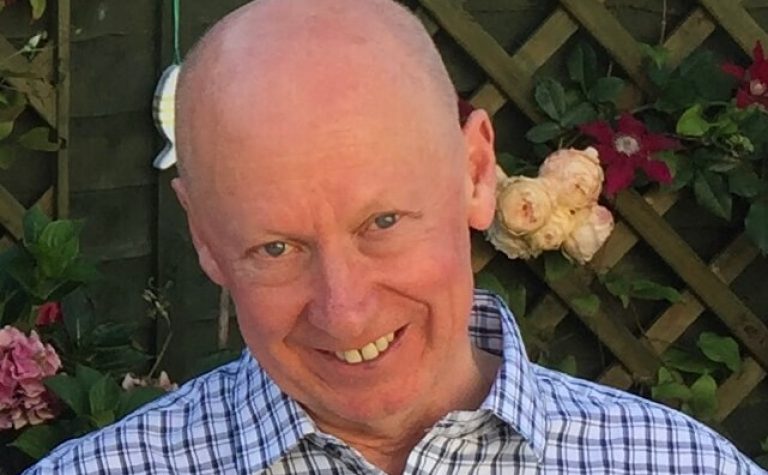
The research into late effects in children who beat cancer
People who survive cancer during childhood and adolescence are at risk of suffering a serious health condition in later life. We caught up with Professor Mike Hawkins, a leading expert in health risks research in childhood cancer, to talk about his research.
Prof. Mike Hawkins explains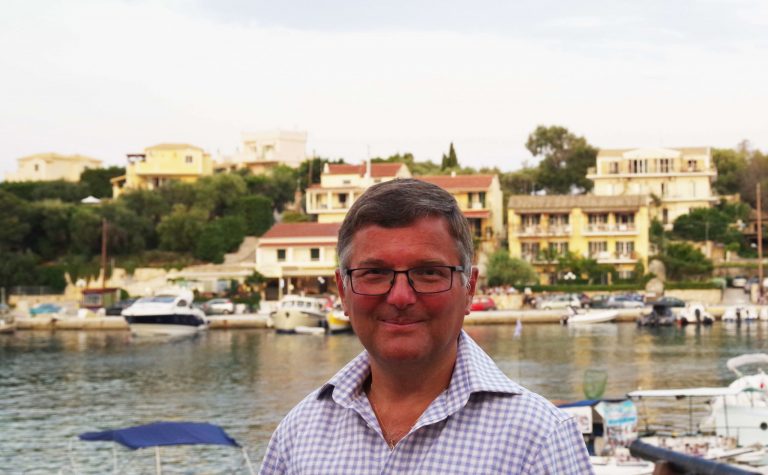
Q&A on ‘late effects’ with Professor Rod Skinner
Find out what ‘late effects’ actually are for children and young people who have survived cancer in this Q&A with Professor Rod Skinner.
Prof. Rod Skinner explains more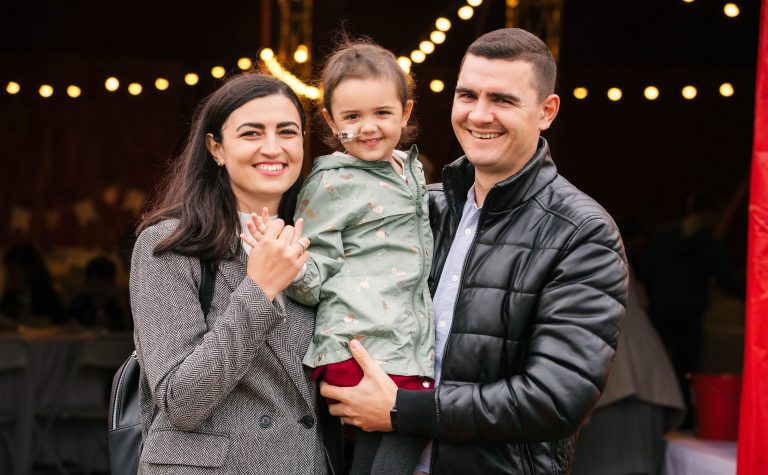
Read first-hand accounts from families affected by childhood cancer.
It’s hard to imagine what it must feel like being told your child has cancer. This is the sad reality for 4,500 families in the UK every single year. Hear from some of these families as they deal with the devastating impacts of childhood cancer.
Find out more